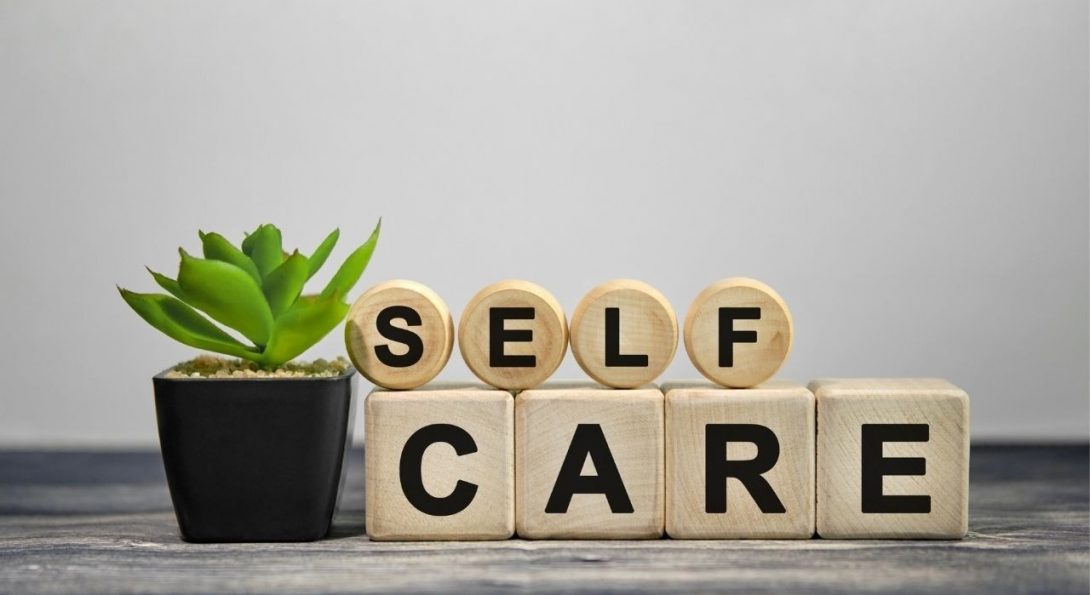Wellness and Self-Care for NDIS Participants and Carers: Nurturing the Mind, Body, and Spirit

National Disability Insurance Scheme (NDIS) participants and their carers often face daily challenges that can cause stress and take a toll on their physical, emotional, and mental health. To stay healthy and maintain overall well-being, it’s important for NDIS participants and their carers to practice self-care regularly. By nurturing the mind, body, and spirit, they can improve their quality of life and achieve a greater sense of happiness and fulfillment.
In this blog post, we’ll explore some practical tips and tricks for wellness and self-care for NDIS participants and carers, so let’s jump right in!
1. Prioritize physical health:
NDIS participants and carers should aim to incorporate physical activity into their daily routine, even if it’s just a short walk or stretching exercises. Exercise releases endorphins, which helps to improve mood and boost energy levels. It’s also important to maintain a healthy diet, drink plenty of water, and get enough sleep each night.
2. Take time to relax:
Carers often have a lot on their plate, so it’s essential to take breaks and unwind regularly. This can be as simple as practicing deep breathing or meditation techniques, spending time in nature, or engaging in a creative hobby. Relaxation can help to reduce stress levels and promote better sleep quality.
3. Connect with others:
NDIS participants and carers can benefit from building strong social connections with family, friends, and support groups. Socializing can provide a sense of belonging, reduce feelings of isolation, and offer emotional support during tough times. Joining online groups or local community groups can be a great way to meet new people and participate in fun activities.
4. Practice self-compassion:
It’s essential to be kind and gentle with oneself as well. Negative self-talk and criticism can lead to feelings of self-doubt and low self-esteem. Practicing self-compassion involves treating oneself with the same kindness, understanding, and patience that would be given to a close friend. This can involve forgiving oneself for past mistakes and practicing self-love by engaging in positive self-talk.
5. Seek professional help if needed:
NDIS participants and carers shouldn’t be afraid to seek professional help if they’re struggling with mental health issues such as anxiety, depression, or stress. Mental health professionals such as psychologists and counselors can provide support and guidance on managing symptoms and developing coping strategies.
Conclusion:
In conclusion, wellness and self-care are essential aspects of maintaining good mental and physical health for NDIS participants and carers. By prioritizing physical health, taking time to relax, connecting with others, practicing self-compassion, and seeking professional help when needed, they can reduce stress levels, improve their mood, and achieve greater levels of happiness and fulfillment. Remember to start small and build on these habits over time, and always remember that self-care is not selfish, it’s necessary.
Book a free Consultation with us today!
Mobile : 1800960068
Email : contactus@iseeksupport.au







